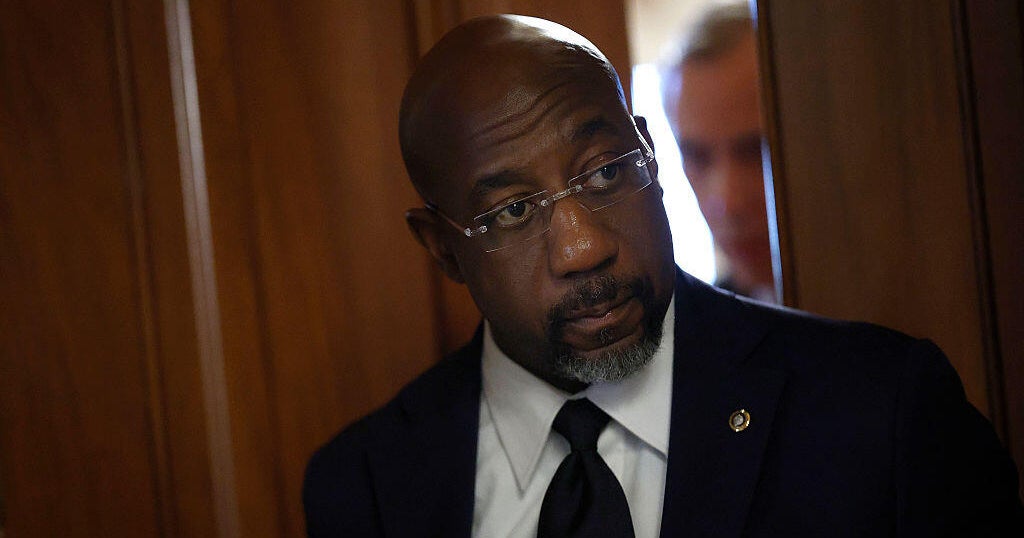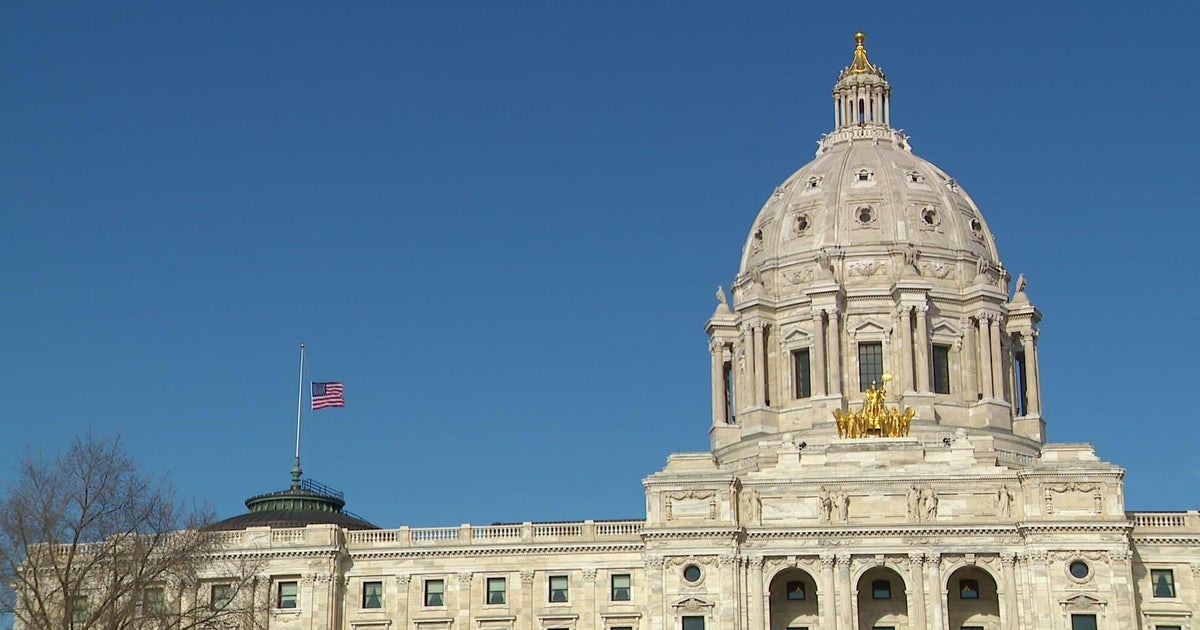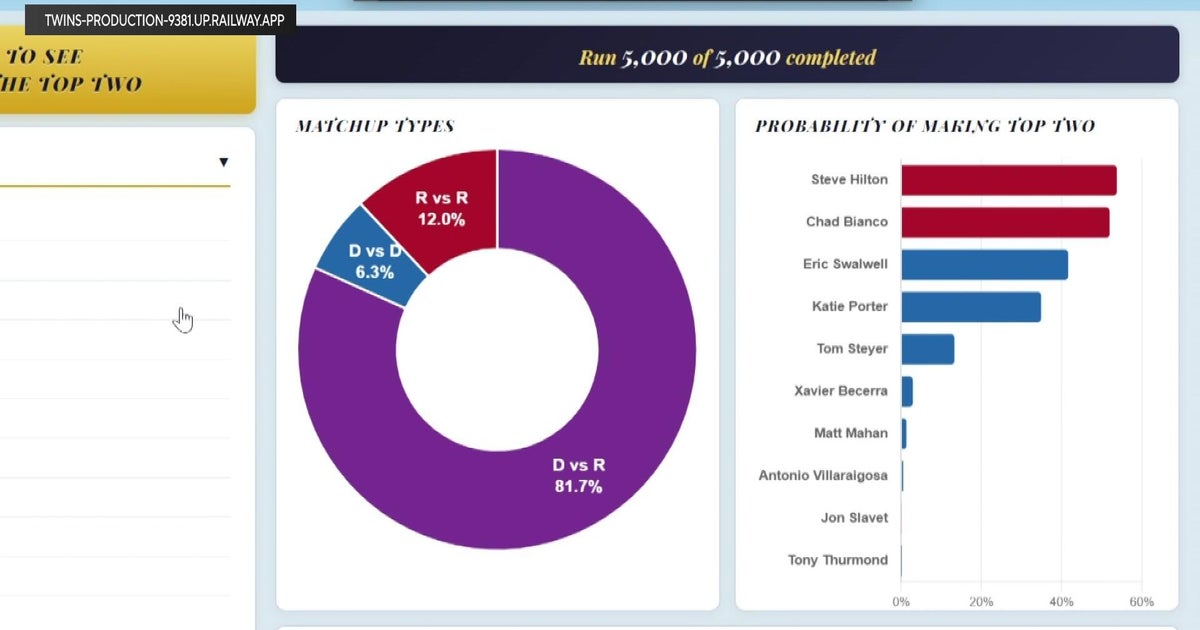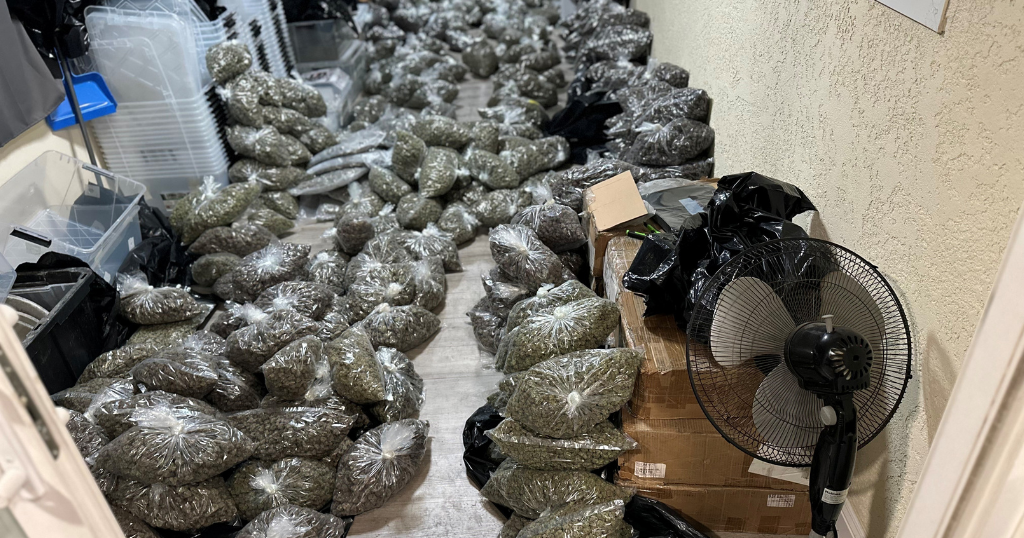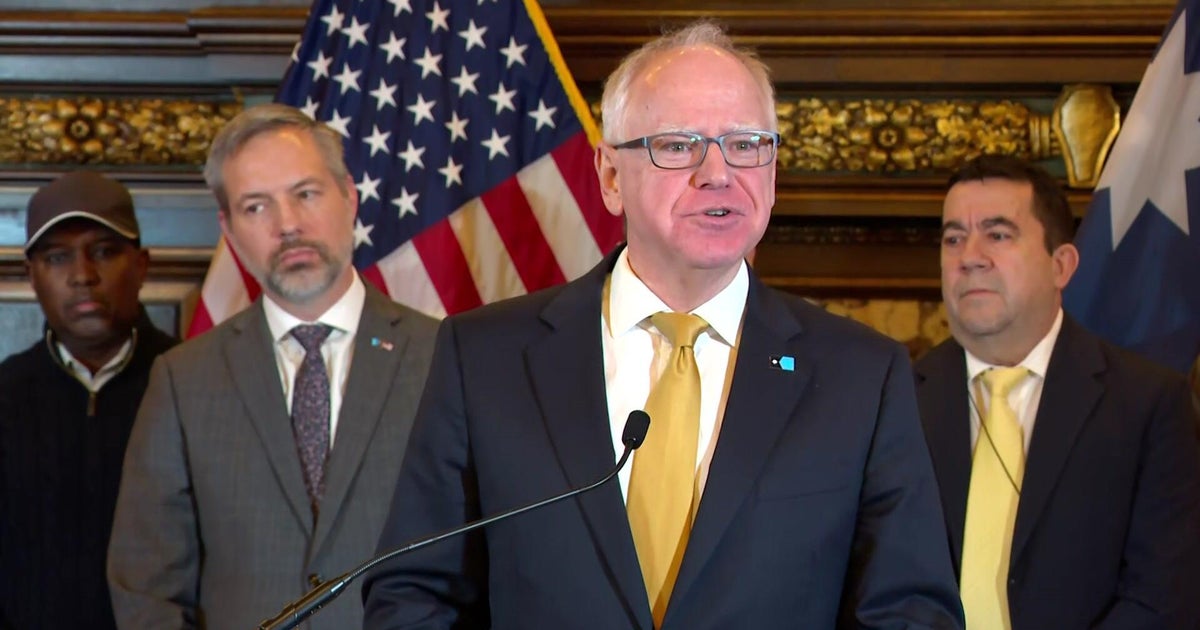New Florida recreational marijuana proposal aims for 2026 ballot
TALLAHASSEE — Two months after a similar measure failed to garner enough voter support to pass, a political committee bankrolled by the state's largest medical marijuana company has launched a new effort to allow recreational pot in Florida.
The revamped proposal, filed Tuesday at the state Division of Elections by the Smart & Safe Florida committee, would go on the 2026 ballot. It seeks to address a number of issues raised by Gov. Ron DeSantis, who led a drive to defeat last year's proposed constitutional amendment.
A majority of voters backed what appeared on the Nov. 5 ballot as Amendment 3, but the recreational marijuana proposal fell shy of the 60 percent approval required for passage. DeSantis' chief of staff, James Uthmeier, chaired two political committees that campaigned against the pot measure and a separate ballot initiative that would have enshrined abortion rights in the state Constitution.
The revamped recreational marijuana measure, like its predecessor, would allow adults ages 21 and older to purchase and possess marijuana. But it differs from the 2024 proposal in some ways.
"It appears that the sponsors of the amendment have attempted to address in this new language concerns raised by those opposed to the amendment," Jim McKee, an attorney who represents medical marijuana companies, told The News Service of Florida.
The new marijuana proposal aims to address Gov. DeSantis' concerns
As an example, DeSantis repeatedly argued that the 2024 initiative would have prohibited the Florida Legislature from regulating where marijuana could be used, an argument disputed by proponents of the measure.
The new version says that "smoking and vaping of marijuana in any public place is prohibited." The proposal also would prohibit "marketing and packaging of marijuana in a manner attractive to children," another of DeSantis' concerns.
"I think this is good news," Paula Savchenko, an attorney who specializes in cannabis law, said Wednesday during a phone interview with the News Service. "I think it's really smart that they did address the issues that he did have, and so hopefully he's more receptive to something like this in the future."
Florida voters in 2016 approved a constitutional amendment that broadly allowed medical marijuana. But the amendment did not allow recreational use.
Quincy-based Trulieve, the state's largest medical marijuana company, pumped more than $144 million into last year's recreational pot effort. It contributed more than 94 percent of the overall total of $152.27 million in cash raised by the Smart & Safe Florida committee.
The proposal filed Tuesday seeks to dispel the governor's critique of part of the 2024 proposal that would have allowed Trulieve and the state's other medical marijuana companies to start selling euphoria-inducing cannabis to anyone in Florida, including tourists, ages 21 and older.
Mirroring the 2024 proposal, the revised measure would allow the state's current operators, known as medical marijuana treatment centers, to sell recreational pot.
But the initiative also would require lawmakers to "adopt legislation for the licensure and regulation of Licensed Marijuana Entities" that don't sell medical cannabis. The proposal also says that the new entities "shall not" be required to comply with a state law that requires medical marijuana companies to handle all aspects of the cannabis trade, a process known as "vertical integration," requiring companies to grow, process and sell marijuana and cannabis-derived products.
The proposal would open the door to wholesaling marijuana to the new entities, according to Savchenko.
"We're one of really the only established markets in the country that doesn't have a wholesale market. So I think it would be really, really good for the industry and for patients and customers to be able to reap the benefits of a wholesale market because then we'll have other groups coming in and have a better variety of products," she said.
With more than 150 retail locations throughout Florida, Trulieve sells more than a third of all medical marijuana products in the state. The company did not comment when contacted by the News Service on Wednesday.
DeSantis targeted contributions by Trulieve, which is publicly traded on the Canadian stock market, as he fought the proposed amendment. He argued that the proposal's passage would cement the company's "monopoly" on the cannabis market in Florida.
"I don't think there's ever been one company that's put in this much money for one ballot measure in all of American history. And so the only way they can justify that is because this amendment is going to guarantee them a massive profit stream," DeSantis said at a rally-style event days before the November election.
DeSantis took unprecedented steps to shoot down the pot proposal and the abortion rights measure, blitzing the state and the airwaves and using taxpayer funds on public service announcements.
The governor on Monday called a special legislative session that could include making changes in laws about the process for gathering and submitting petitions to get proposed constitutional amendments on the ballot. DeSantis contends that the process has included fraud.
While DeSantis hasn't proposed legislation, changes could make it harder for Smart & Safe Florida to amass the hundreds of thousands of petition signatures that would be needed to get on the ballot. The special session is scheduled to start Jan. 27, though legislative leaders have balked at holding it.
Nearly 900,000 patients are enrolled in the state's medical marijuana system.
The revived recreational-pot effort comes as state health regulators are poised to nearly double the number of licensed medical marijuana companies, currently at 27. The Department of Health last year issued letters of intent to award licenses to 22 applicants, which would bring the total number of operators to 49. The new licenses are on hold amid legal and administrative challenges to the state's selections.
The new proposed constitutional amendment would allow companies to "acquire, cultivate, process, transport, and sell marijuana to adults for personal use" at any of their dispensaries existing as of Jan. 1, 2025, "and at any dispensing facilities thereafter approved by the Department."
The plan also would allow adults over age 21 to possess up to 2 ounces of marijuana, an ounce less than what would have been permitted under last year's proposal.
"I think that this is positive for the industry, and I do hope that this passes," Savchenko said.

